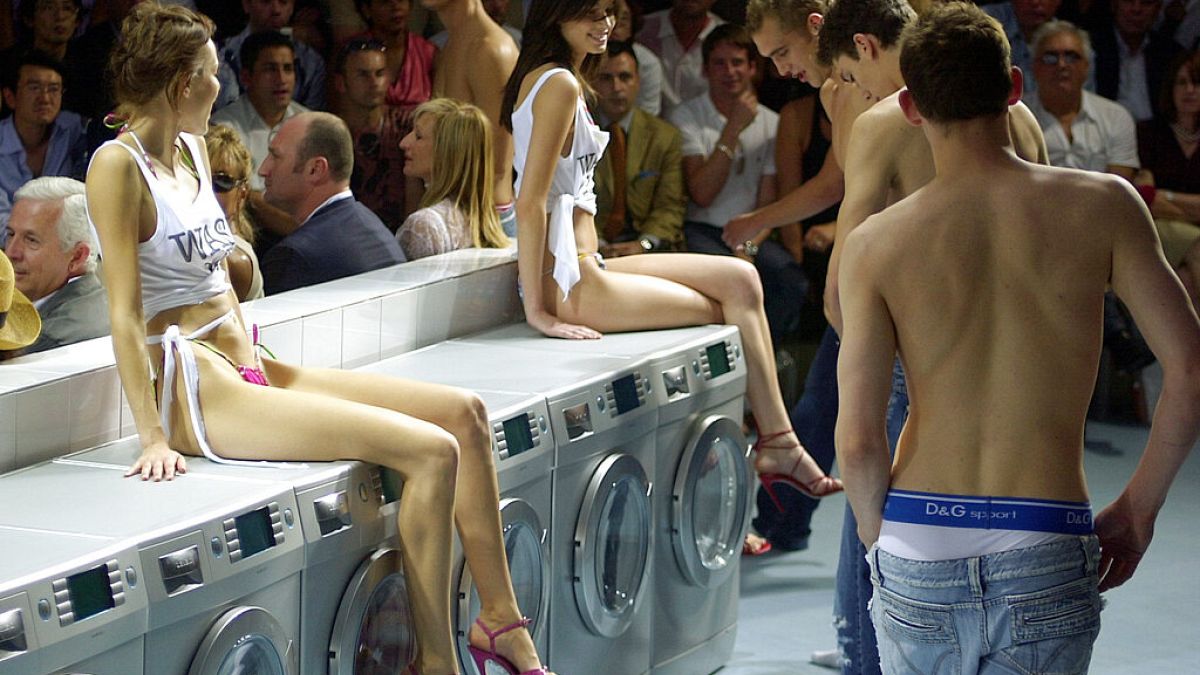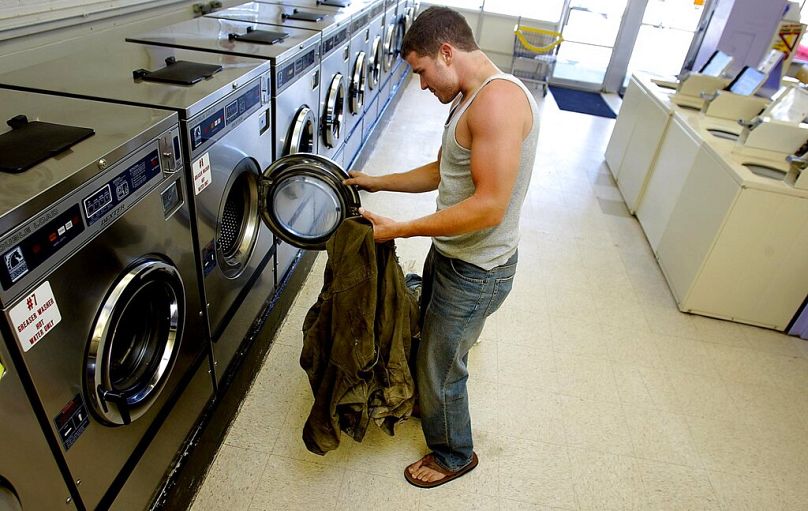Initiated by fashion designer Stella McCartney and made popular by social media platform TikTok, the 'no wash' movement aims to save money and the planet. Culturally, however, it could cause a stink.
With more than 15 million views on TikTok, the ‘no-wash’ movement has recently gained in popularity. It was originally brought to light by British fashion designer Stella McCartney. She told The Observer newspaper “basically in life, rule of thumb, if you don't absolutely have to clean anything, don’t clean it”.
The trend calls for people to wash their clothes and hair less or even not at all and aims to address concerns over global warming. Carbon-intensive detergents have a negative impact on the environment and the same goes for the quantities and use of water in bathing.
But this isn’t all. Washing machines use up to 17 per cent of total water consumption and with expenses increasing due to the cost-of-living crisis, this has a negative impact on household bills. Put simply, ‘no wash’ is also a good way to save money.
A question of hygiene
Out of habit, a large number of people wash their clothes after every wear. But is that necessary?
Mainly, it’s a question of hygiene and how we feel when we aren’t wearing clean clothes. Sweat is usually the main culprit when it comes to throwing things into the wash. But for most people, the daily routine of work, in an office say, is unlikely to break you out in a sweat.
This means clothes can go for a few wears without smelling bad. And it is also possible to make changes to the clothes we wear to include more breathable fabrics such as cotton. Or include wools, known for their natural self-cleaning and odourless properties.
‘Rule of thumb’
Going back to McCartney’s ‘rule of thumb’, where you live is a key factor in how easy it is to follow the trend.
If you live in a hot country, sweating is hard to avoid and wool is definitely not the best option. A better solution than a ‘no-wash’ policy is to commit to cold and limited washes.
Plus, it is said washing clothes less frequently is actually better for the durability of a garment helping them last longer. Another plus for the environment.




